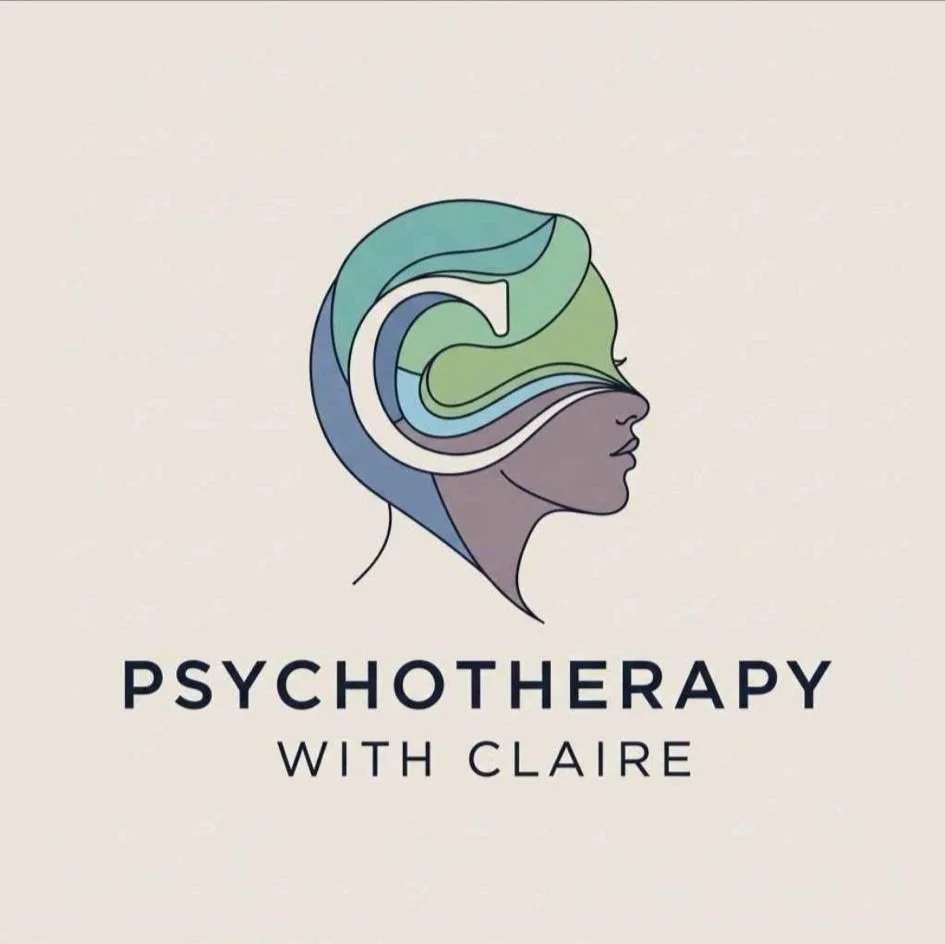Releasing What Still Hurts: A Simple Guide to EMDR
Many people come to therapy because something from the past is still affecting them in the present. You may notice anxiety, tension, a heaviness you can’t quite explain, or patterns that keep repeating, even though you wish they wouldn’t.
It can feel confusing when a part of you understands that the event is over, yet another part still reacts as though it’s happening now.
EMDR (Eye Movement Desensitisation and Reprocessing) is a gentle, structured approach that helps the mind and body release and soften the emotional impact of these experiences. It supports your natural capacity to heal and to move forward in a way that feels safe and grounded.
There is no pushing, and you don’t need to go into detail about what happened.
We go at your pace. Always.
How EMDR Helps
When something overwhelming happens, the brain sometimes isn’t able to fully process it at the time. The memory can become “stuck,” along with the feelings, beliefs, and sensations connected to it.
EMDR helps the brain continue that processing gently and gradually.
As this happens, the memory becomes less overwhelming. The intensity softens. There is space to breathe.
People often notice that:
they feel steadier and more settled
their reactions make more sense and feel easier to manage
old emotional patterns loosen
there is more room for self-kindness and calm
Healing can happen quietly, without force.
What EMDR Can Support
EMDR can be helpful with:
Trauma (recent or past)
Childhood emotional wounds or neglect
Anxiety or panic
A sense of being overwhelmed or “on alert”
Grief and loss
Relationship or attachment difficulties
Shame, guilt or self-criticism
Feeling stuck, blocked, or unable to move forward
If you have ever felt, “I should be over this by now,” EMDR may offer a way to gently loosen what has been held for a long time.
What Sessions Feel Like
We take time to build safety.
This foundation matters.
You will learn grounding and resourcing tools to help you feel steady and supported.
When you feel ready, I will guide gentle, rhythmic movements (often tapping or eye movements). You remain grounded and present. I am with you throughout.
We close each session with time to settle, so you leave feeling held and supported.
There is no rush.
Your pace is always respected.
Is EMDR Right For You?
EMDR may be right for you if you feel that something from the past is still living in your body, emotions, or relationships, and you would like support in releasing it gently.
It’s also completely okay to be unsure.
We can talk about what’s been difficult for you and explore whether EMDR feels right, without any pressure to continue.
Frequently Asked Questions
Do I have to retell my trauma?
No. You only share what feels comfortable. EMDR works without needing to describe everything in detail.
What if I become overwhelmed?
We go slowly. We will make sure you have grounding and support before we begin processing.
How long does EMDR take?
Everyone moves at their own pace. There is no right or wrong timeline.
A Gentle Invitation
If you are carrying something that feels heavy, and you are longing for some lightness or relief, you are welcome here.
We can arrange a time to talk, to see what feels right for you.
There is no pressure to decide anything straight away.
→ Contact me to arrange an initial conversation.
